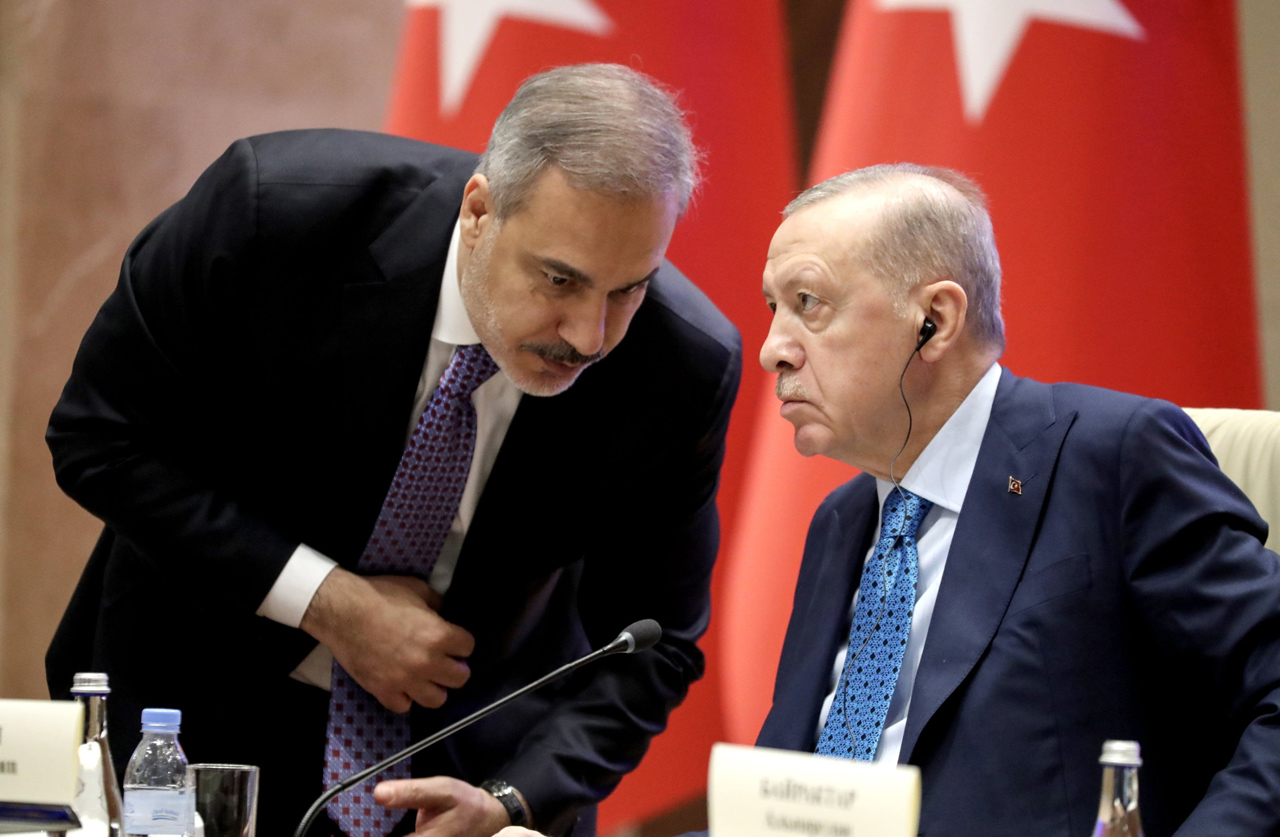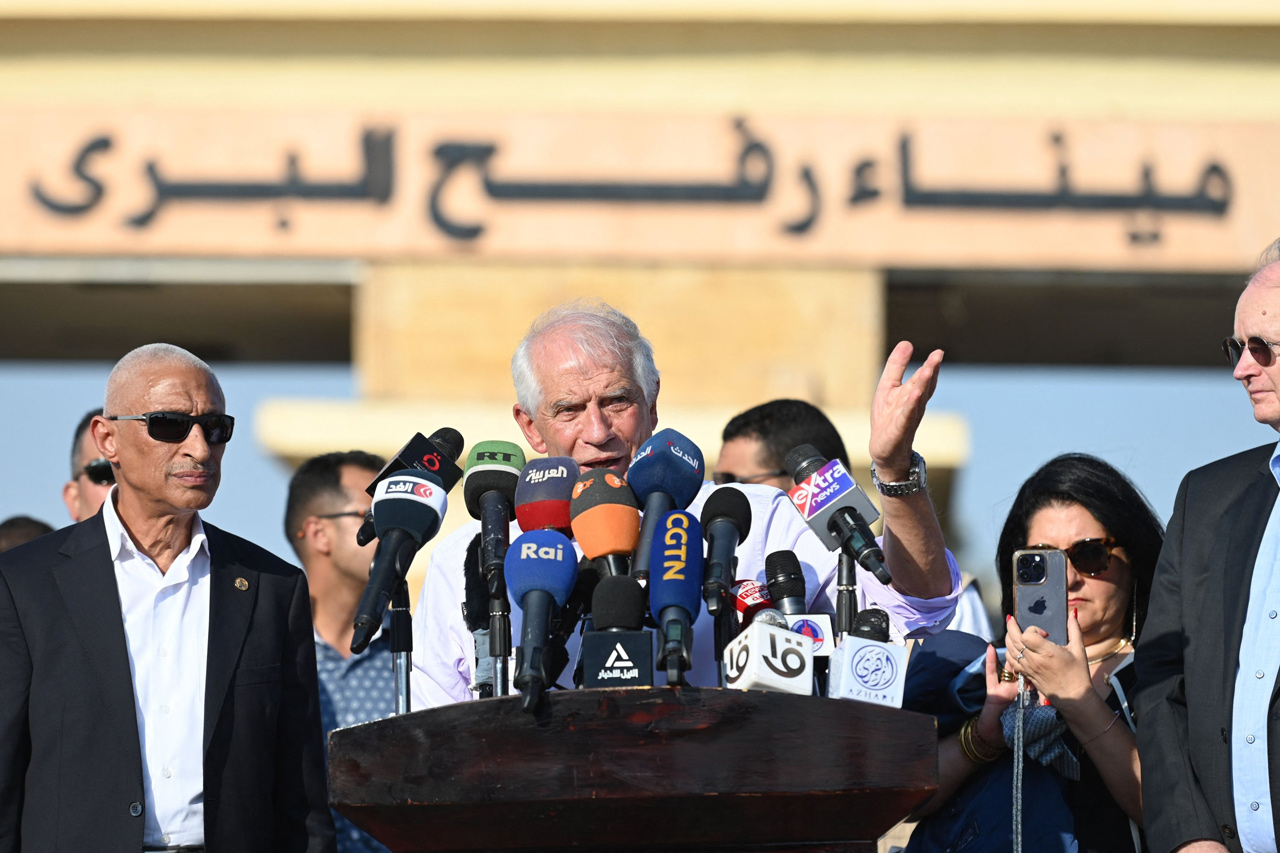Trump makes increasingly radical statements every day about the displacement of Palestinians. His strategy seems to involve proposing even more controversial plans before the outrage and shock waves from his previous remarks have subsided. Many criticize presenting the idea of “forced displacement,” a war crime, as a debatable option. Matters that should be outright rejected without debate are first made discussable through increasingly extreme proposals. This creates a perception that earlier proposals, though radical, are negotiable options compared to the next ones.
Trump explicitly mentioned Egypt and Jordan in his comments about forced displacement. However, he also alluded to other regional countries. He even claimed, “I told them; they will do it; they liked this plan,” giving the impression that this issue has been negotiated with some nations. Such statements aim to create an image of negotiation with certain regional administrations to weaken the resistance of others and give the impression of differing approaches among the countries.
Unfortunately, some administrations in the region have a history of poor responses in similar matters. Regional administrations face a new test regarding the Israel issue. This test requires standing firm against Trump’s statements, which essentially promote ethnic cleansing. They must resist Trump’s tactic of showing the worst-case scenario to make them accept a lesser evil. Instead of defending themselves, regional administrations should keep the genocide under Israeli Prime Minister Benjamin Netanyahu’s administration at the forefront of the agenda. They must ensure that the deaths of over 50,000 Palestinians are not forgotten. They should not allow the manipulation of the fact that the Israeli-Palestinian conflict began with the expulsion of Palestinians from their rightful lands. They must foresee the ultimate objectives of these tactics used by Israel to achieve longer-term goals.
Foreign Minister Hakan Fidan clearly expressed Türkiye’s position on this issue, also setting an example for how other regional administrations should act: “The issue of forced migration is neither something the region nor we can accept. Even considering this is absurd. Even opening it for discussion is wrong. We oppose all initiatives trying to exclude Gaza’s people from the equation.”
The people of Gaza have resisted genocide and, at the cost of their lives, have not abandoned their lands. They have passed this difficult test. It is not hard to predict that they will continue to defend their country, even at the cost of their lives. Trump has a particular way of conducting business. He believes it produces results. In domestic U.S. politics, he brought many who opposed him during his previous term to his side after winning elections. From the media to business, bureaucracy to politics, many have aligned with Trump.
Now, he assumes a similar outcome will occur in global politics and governance. He believes that through this realignment, he can overcome the resistance against his goal of changing the global order. He envisions expanding his spheres of influence through more radical moves, pressure and intimidation tactics. By presenting the worst-case scenario, he tries to make administrations accept bad solutions. This is precisely what he is attempting to do in Palestine.








